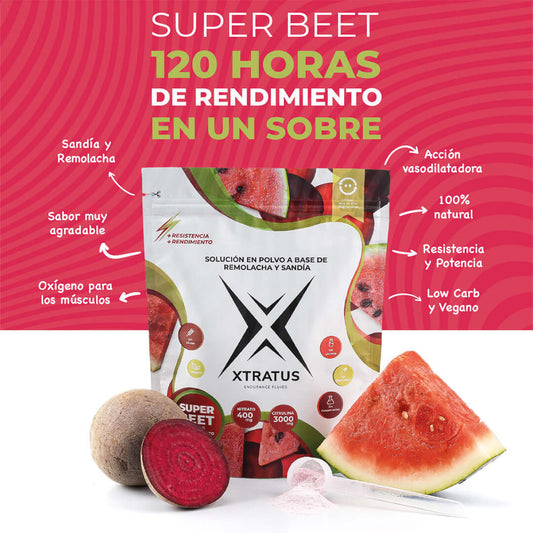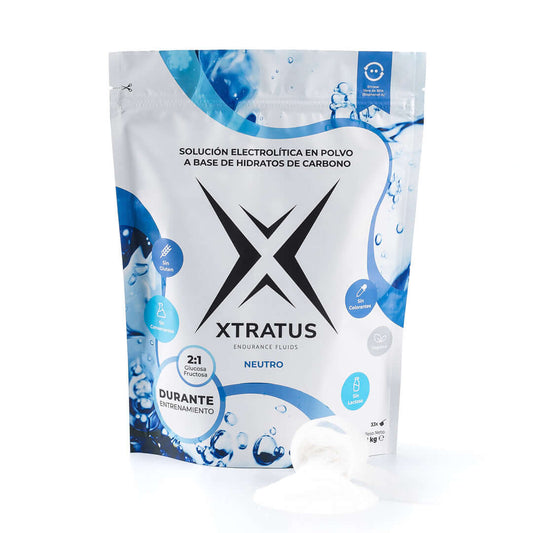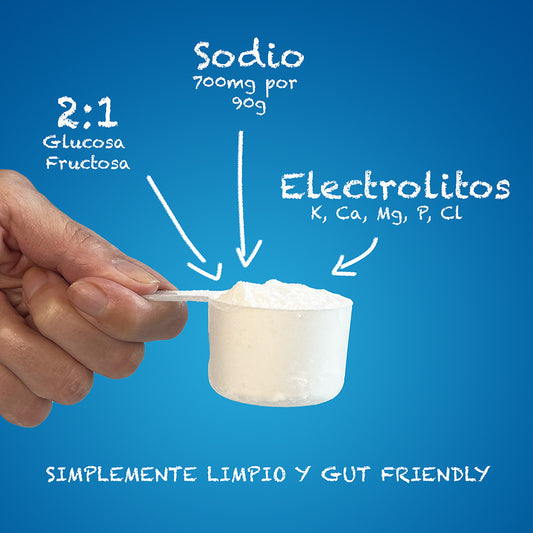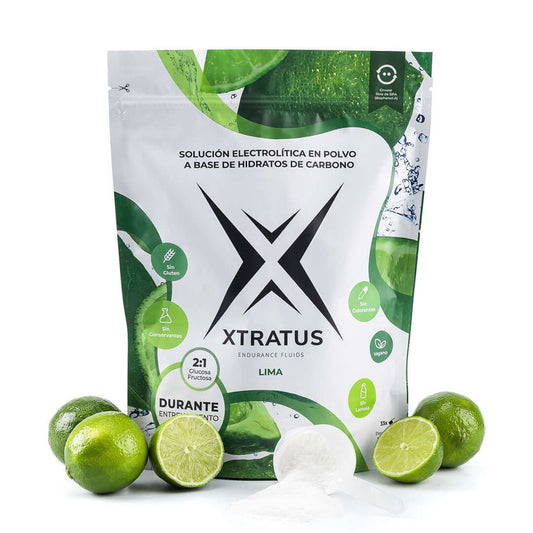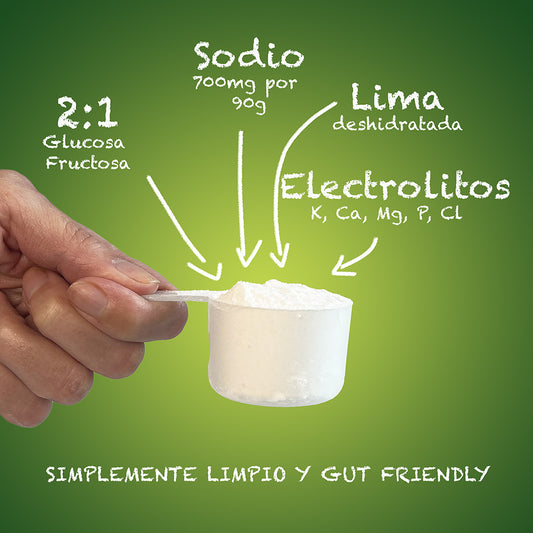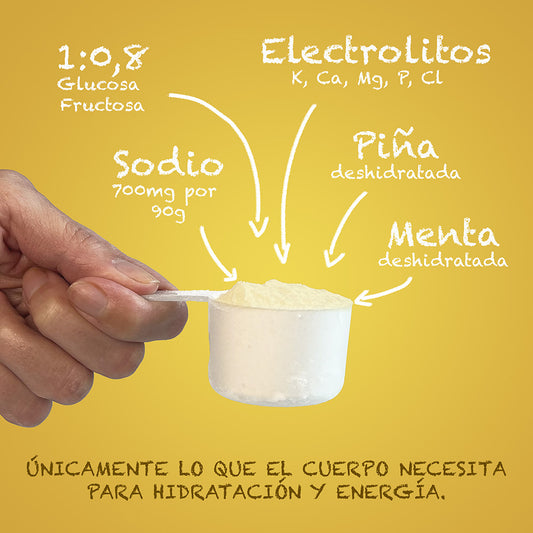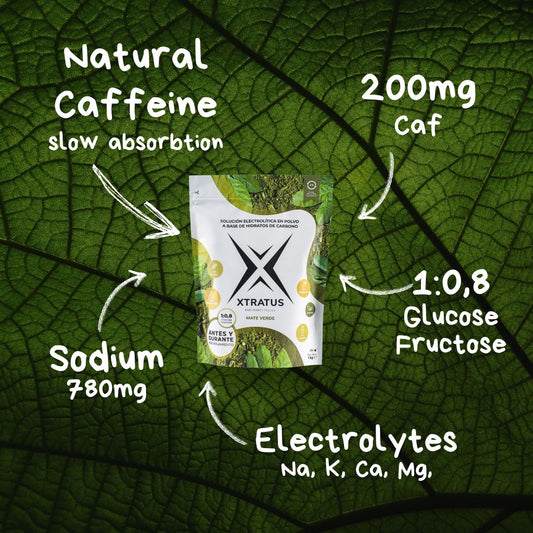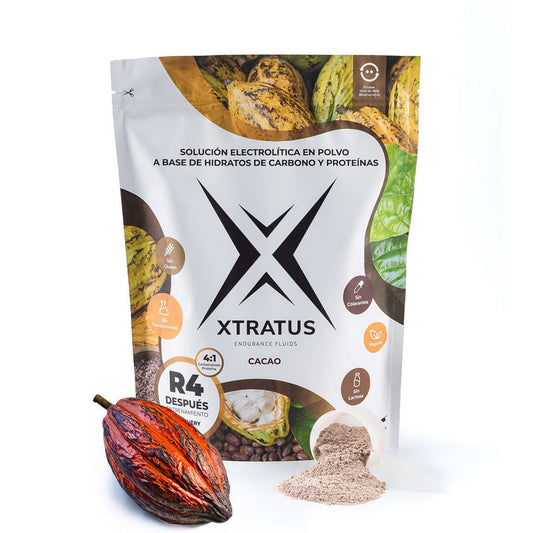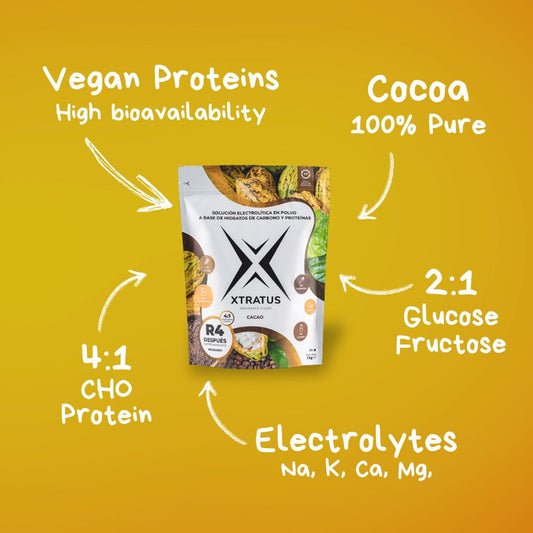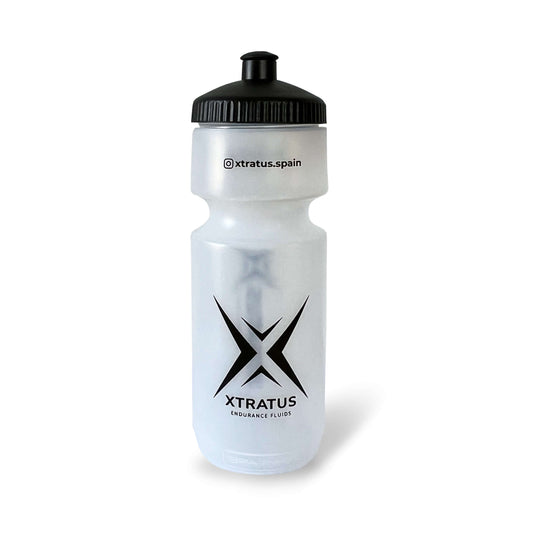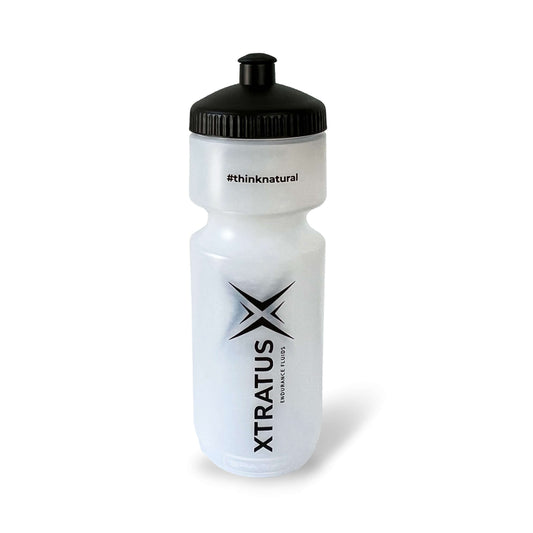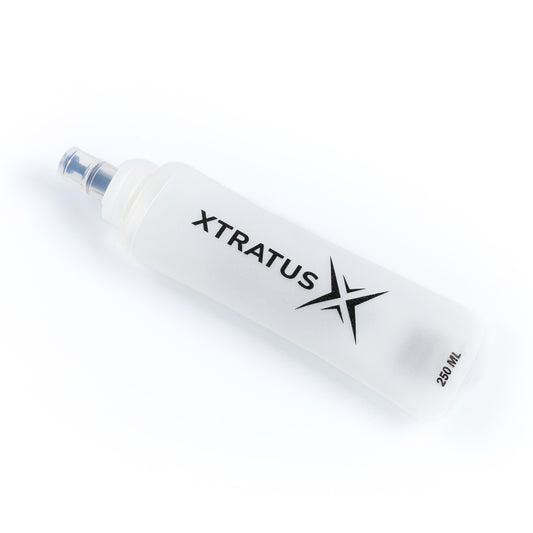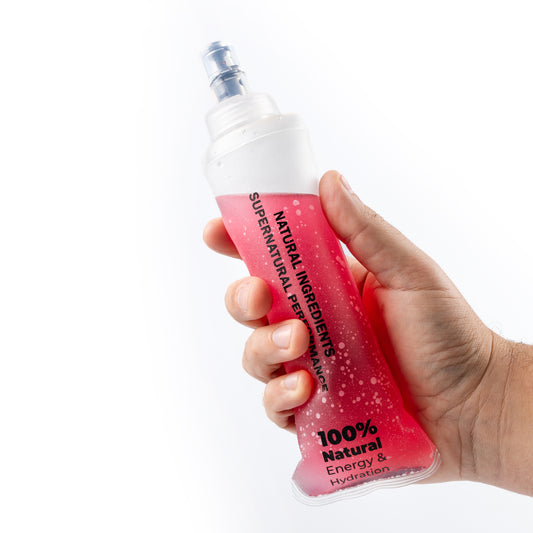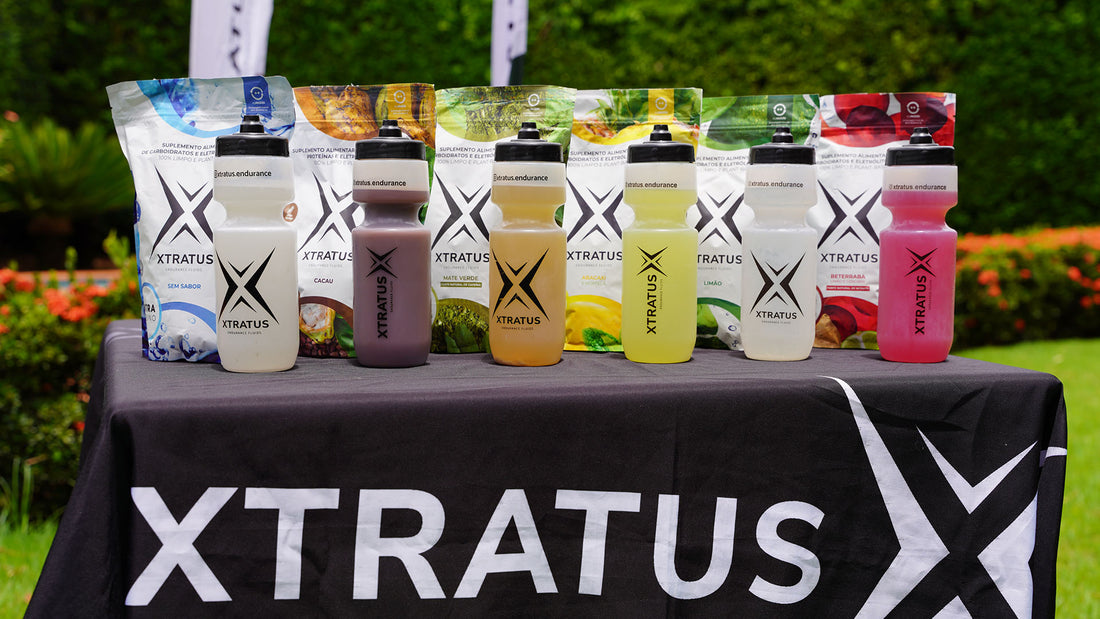
Energy or hydration ? How to choose the right drink and prepare it according to your needs
There are two things you probably already know well:
The first is that nutrition and proper hydration are key to your athletic performance and recovery.
The second is that there is a wide variety of energy and isotonic drinks on the market, and you often don't know where to start.
In this article, We summarize it for you in a simple way What you should keep in mind when purchasing and organizing your hydration and energy replacement strategy for endurance and long-duration sports.
In the world of sports, choosing the right beverage can make a huge difference to your performance and energy well-being. Maintaining proper hydration and an adequate carbohydrate intake is essential, especially in high-intensity, long-duration sports.
Functions of a sports drink
Did you know that 2% dehydration can reduce your performance by 20%?
And your energy reserves are limited, so replenishing fluids and carbohydrates is crucial?
First, let's understand what a sports drink is and its three main functions:
Unlike water, tea or juice, a sports drink It must be composed only of carbohydrates and mineral saltsThat's all your body needs.
The cleaner and more natural it is, without unnecessary ingredients, the better your choice and result will be.
Click here to learn about the options Xtratus offers.
We will talk about carbohydrate compositions later, but right now we will focus on the three main functions of an energy drink:
- Rehydration: Through water, they help replenish lost fluids and maintain body temperature.
- Electrolytes: The minerals you lose through sweat are essential for fluid balance, muscle function, and nerve transmission.
- Energy input: Fast-absorbing carbohydrates are vital for maintaining energy during intense or prolonged exercise.
Hypotonic, Isotonic or Hypertonic
Many people tend to have this respect the difference between an isotonic drink and an energy drink.
Depending on the concentration of salts and carbohydrates in relation to body fluids (osmolarity), sports drinks are classified as hypotonic, isotonic, or hypertonic.
Types of sports drinks:
- Hypotonic drinks: They have a lower concentration of salts and carbohydrates than body fluids. They are primarily designed to optimize hydration without providing excessive energy, as they contain less than 4% carbohydrates. They are ideal before short endurance exercises or light sessions, where hydration is the priority.
- Isotonic drinks: These are the most recommended during exercise, as their concentration of electrolytes and carbohydrates is similar to that of body fluids (4-8%). By combining different types of sugars (such as maltodextrin and fructose) in the right proportion, their absorption is optimized.These drinks hydrate and provide energy, making them useful for prolonged or medium-high intensity exercises (more than 60 minutes).
- Hypertonic drinks: They contain a higher concentration of salts and carbohydrates (&>8%) than body fluids. Their main purpose is to quickly replenish energy after intense exercise, rather than hydration. They are also ideal for restoring glycogen stores post-workout.
When and which one to prepare?
- Hypotonic drinks: Before training or short, low-intensity sessions (with <4% carbohydrates).
- Isotonic drinks: During high-intensity, long-duration training or competitions (4-8% carbohydrates and minerals).
- Hypertonic drinks: During or after training, to provide or recover energy quickly, with more than 8% carbohydrates.
How to prepare them?
The preparation of a sports drink depends on its concentration and the amount of carbohydrates you want to provide:
- Hypotonic drink (&<4%): Mix 15-20g of carbohydrates and mineral salts in 500ml of water*.
- Isotonic drink (4-8%): Mix 30-60g of carbohydrates and mineral salts in 700 ml of water*.
- Hypertonic drink (>8%): Mix 90g of carbohydrates and mineral salts in 700 ml of water*.
*Approximate values that fall within the ranges of the type of each energy drink.
Formula to adjust concentration
You can customize the drink according to your needs using the following formula:
Concentration (%) = (g of Carbohydrates/ml of water) x 100
For example, if you need 60g of carbohydrates for an isotonic drink (8%), you would use 750ml of water.
Practical cases according to the activity
- Moderate activity (1 hour): If your workout is moderate in intensity and short in duration, you don't need to consume carbohydrates during exercise, as long as your diet and pre-workout routine are adequate. However, you can drink a hypotonic beverage 30-45 minutes beforehand to ensure proper hydration.
- Medium-high intensity activity (1-3 hours): For longer workouts, you'll need to replenish fluids and carbohydrates (30-90g/hour) during exercise. An isotonic drink is essential here, and as you increase your carbohydrate intake, you should use various types of sugars to improve absorption.
- Long-term activity (>3 hours): For long training sessions like marathons or ultra trails, in addition to an isotonic drink, it's recommended to consume solid foods rich in carbohydrates and some protein to maintain energy (fruit, energy bars, sandwich pieces).
Remember that needs may vary depending on the individual, the type of training, and environmental conditions. Always adjust your hydration and energy strategy to your personal situation to maximize your performance, or consult with a sports nutritionist.
If you have any further questions, please contact us now.
by Alan Chamah - Sports Nutritionist


